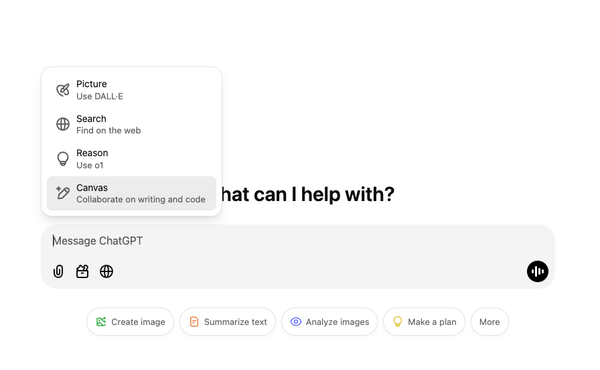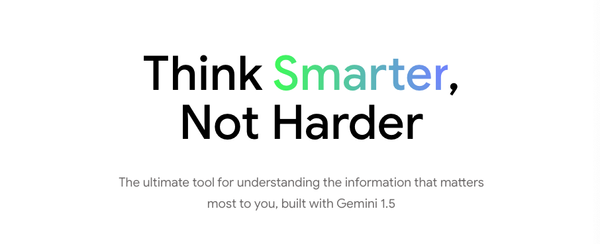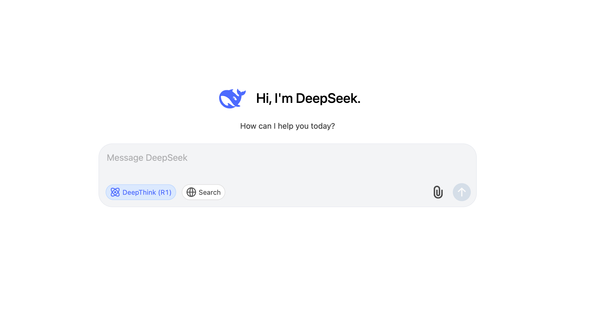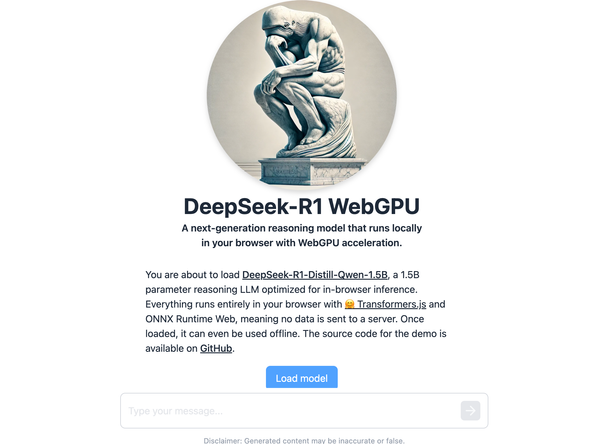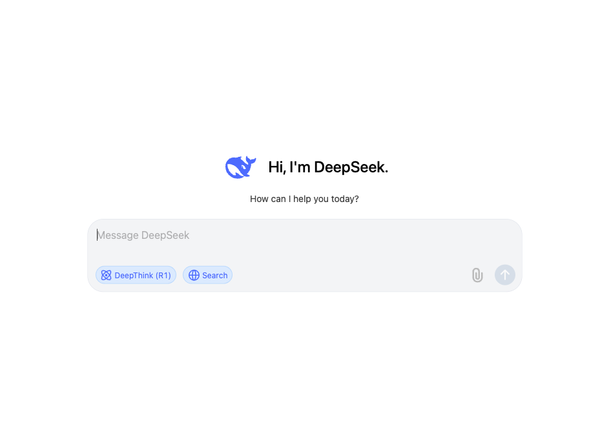Startups Threaten Google's Dominance of Online Search Ads
Table of Content
Google is facing unprecedented competition in the $300 billion search advertising market after years of dominating the space that forms the core of its business.
Several companies are now emerging as serious challengers, driven by advancements in artificial intelligence, which are reshaping the competitive landscape, according to a recent report by *The Wall Street Journal*.
TikTok, the popular short-video platform, has entered the arena by allowing brands to target ads based on users' search queries, a direct threat to Google’s core search business.
Additionally, Perplexity, an AI-powered search startup backed by Amazon founder Jeff Bezos, is planning to introduce ads later this month based on AI-generated answers to users' questions. Up until now, Perplexity has generated revenue through its $20-per-month subscription model, offering access to more advanced AI tools.
These developments intensify the growing pressure on Google, particularly as Amazon continues to capture a significant share of search-based ad spending. Many consumers now begin their product searches directly on Amazon, further chipping away at Google’s stronghold.
For the first time in over a decade, Google's share of the U.S. online search advertising market is expected to dip below 50% next year, according to research firm *eMarketer*.
This shift signals a major turning point in the digital advertising landscape, as Google faces serious competition from emerging players armed with AI and innovative ad solutions.
Google's market share of Ads is declining
Google's share of the U.S. online search advertising market is expected to fall below 50% next year for the first time in more than a decade, according to research firm eMarketer.
Amazon is expected to capture 22.3% of the market this year, with growth of 17.6%, compared with Google’s 50.5% share and growth of 7.6%.
Google remains in an enviable position; it is far ahead of the rest of the search market, with plenty of resources to counter moves by its rivals. However, advertisers are eager for more competition.
“For the first time in probably 15 years, we will have viable alternatives to Google,” said Ni Ahene, a veteran digital advertising executive.
Google last week rolled out ads in AI-generated summaries, which it began placing at the top of search results. Google said the ads will only appear on mobile searches in the United States at first.
“We are confident in this approach to monetizing our AI-powered experiences,” said Brendon Graham, Google’s vice president of search advertising. “We’ve been here before with these kinds of changes.” Perplexity is looking to grab a slice of the same market. “A handful of top-tier names” are its first advertisers, said Dmitry Shevlenko, the company’s chief business officer.
The startup will let brands sponsor follow-up questions that lead to user feedback.
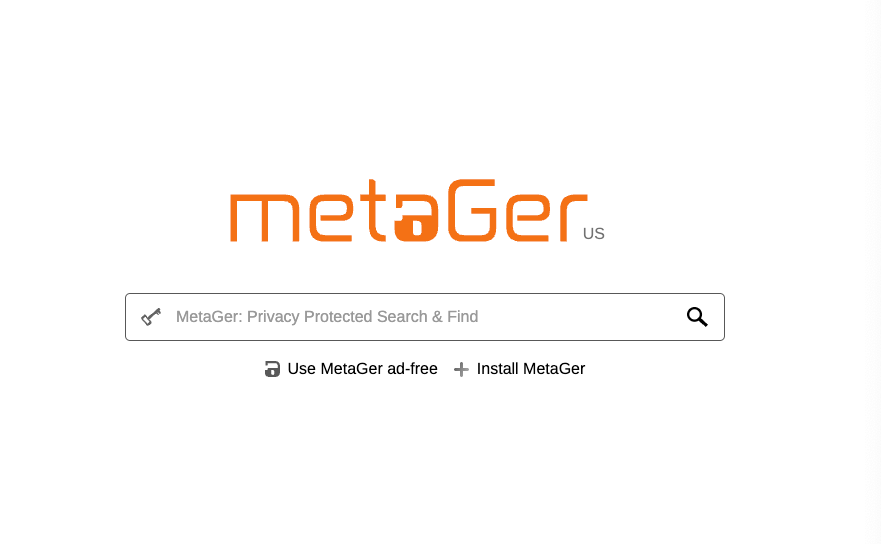
Growing Competition
In a presentation to advertisers, Perplexity said that answers to sponsored questions “will be pre-approved and can be locked, giving you comfort in how your brand is portrayed in the answer,” according to a copy seen by The Wall Street Journal.
About 46% of Perplexity’s queries in the United States lead to follow-up questions, according to the presentation. The company said it processed 340 million queries in September. By comparison, Google said it handles about 2 trillion searches a year. Shevelenko said Perplexity would never change answers to its unsponsored search engine at the request of advertisers.
Google lost an antitrust case last summer over its dominance of the U.S. search market after a federal judge said it acted illegally to maintain a monopoly in the sector. Google plans to appeal the ruling.
Google Ads alternatives
If you're looking for alternatives to Google AdSense for monetizing your website or blog, several major players offer compelling options. Here are some of the best AdSense alternatives:
- Media.net
Media.net, powered by Yahoo! and Bing, is one of the top alternatives. It offers high-quality contextual ads and provides access to a vast pool of advertisers, making it one of the best options for website owners who want to monetize with relevant ads. - PropellerAds
PropellerAds is a popular ad network that specializes in pop-unders, push notifications, and native ads. It offers broad coverage and is known for high-quality ads, making it a good option for websites with different traffic types. - AdThrive
AdThrive caters mainly to content creators with a significant amount of traffic. They focus on high-quality display ads and work with premium advertisers, often providing better payouts for publishers with highly engaged audiences. - Ezoic
Ezoic is a Google-certified publishing partner offering an AI-driven platform that optimizes ad placements and improves revenue. They cater to websites of all sizes and provide access to high-quality ads while improving site speed and user experience. - SHE Media
SHE Media is a great choice for female-centric audiences, as it focuses on lifestyle and entertainment content. It offers personalized ad experiences and higher CPMs for sites with primarily female visitors. - Revcontent
Revcontent is a content recommendation platform that serves native ads. It is a good option for websites with substantial traffic, offering high-quality content ads and better payouts for the right audiences. - Monumetric
Monumetric is a CPM-based ad network focused on high-quality display ads. It works best for websites with over 10,000 monthly views and is known for personalized support and optimized ad placement. - Amazon Native Shopping Ads
Amazon offers a great alternative through its native shopping ads program, especially for product-based content. It allows publishers to earn commissions by displaying product ads relevant to their content, with seamless integration.
These alternatives provide strong monetization opportunities, with many offering specialized features, higher CPMs, or unique ad formats that can be tailored to different types of content and audience sizes.




